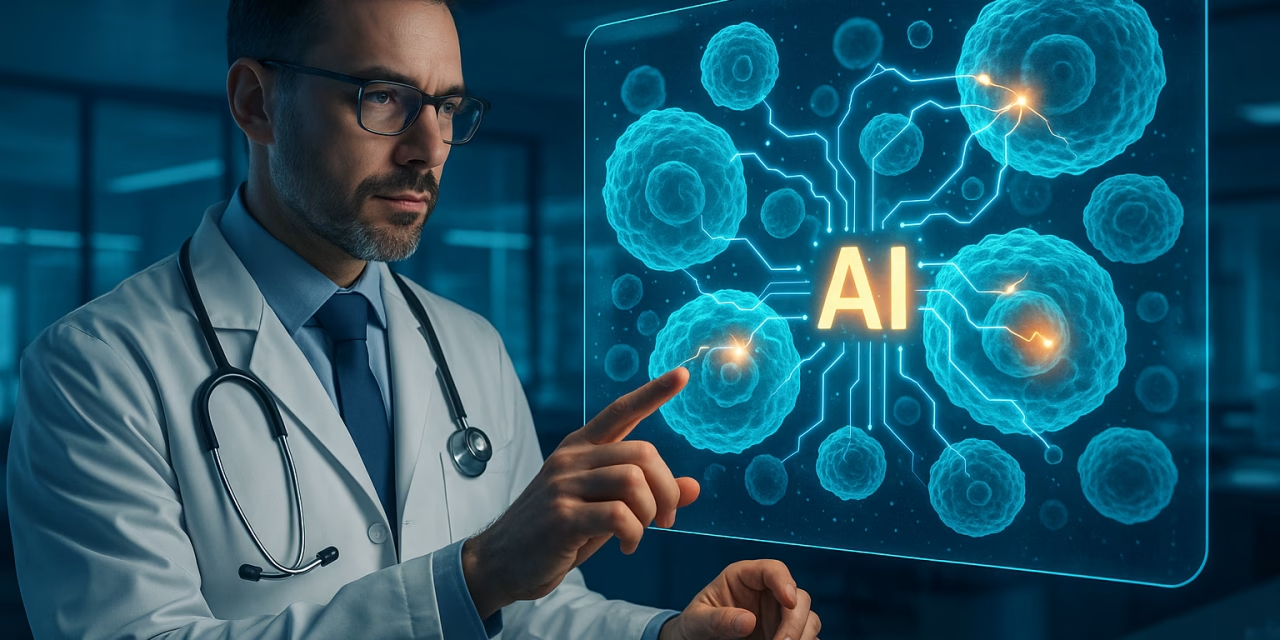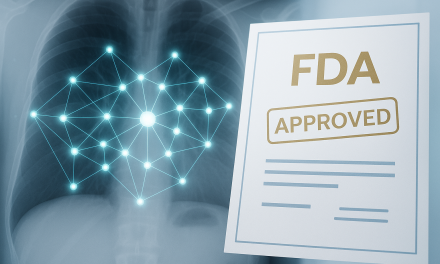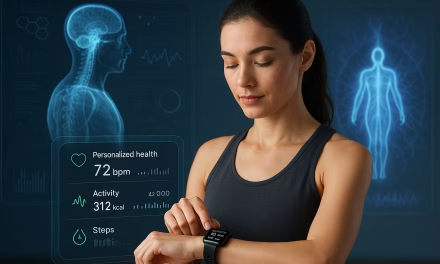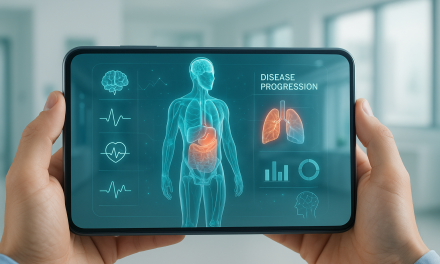July 10, 2025, marks a day of significant breakthroughs in the health and wellness sector, as Artificial Intelligence continues to accelerate disease diagnosis and enable more personalized treatments. These advancements promise to revolutionize patient care and improve outcomes across a wide range of conditions.
A prime example is the unveiling of TACIT (Threshold-based Assignment of Cell Types from Multiplexed Imaging Data) by VCU researchers. This innovative AI tool can analyze millions of cells in tissue samples within minutes, a task that previously took weeks. This rapid analysis capability enables faster and more accurate disease diagnosis, particularly for cancer patients, and facilitates the selection of highly personalized treatment strategies.
Further solidifying AI’s role in early detection, a new AI model demonstrated over 90% accuracy in identifying early-stage diseases, including various forms of cancer. By analyzing patient history, imaging data, and biomarkers, this predictive diagnostic tool has the potential to significantly reduce late-stage diagnoses, leading to more effective interventions and improved prognoses.
Beyond diagnostics, AI is also making strides in personalized medicine for complex conditions. Fifty1 AI Labs announced the successful completion of their REVIVE Adaptive Platform Trial, the largest Phase III clinical trial for Long COVID treatment. Conducted in collaboration with leading academic institutions, this trial represents a major advancement in using AI to manage complex symptoms through innovative, data-driven therapies.
The virtual healthcare industry is also leveraging AI to expand access to wellness programs, such as the EngageWell virtual healthy aging program, which received substantial funding from CVS Health Foundation. This initiative provides free virtual health screenings for adults over 60, demonstrating AI’s role in making healthcare more accessible and proactive.
The developments on July 10, 2025, collectively illustrate that AI is rapidly becoming an indispensable force in healthcare. By enhancing diagnostic precision, accelerating treatment development, and enabling personalized care, AI is paving the way for a healthier, more efficient, and more equitable future in medicine.





